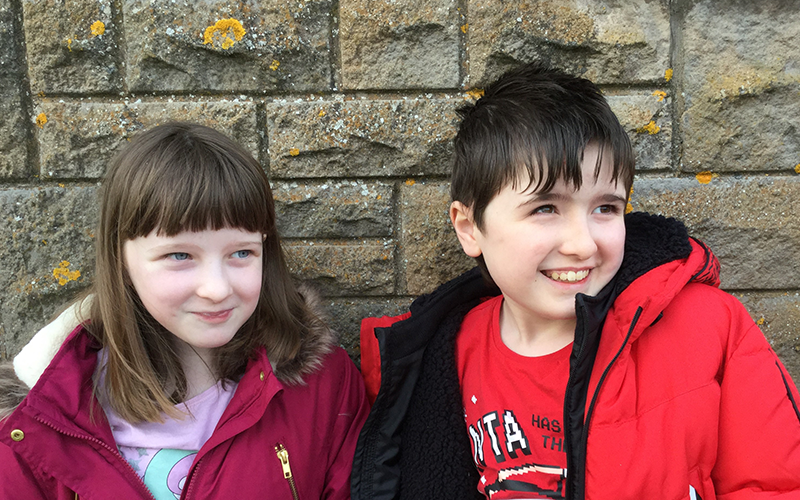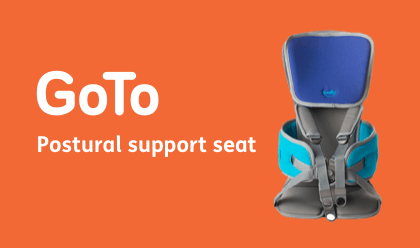Lack of eye contact doesn’t mean my children are rude

People are so quick to judge my children. When people talk to them neither of them reply. (One is selective mute the other nonverbal) even worse, to many people, they don’t even look at people when they talk to them.
For some reason people understand and accept that the children won’t, or can’t, speak to them but they find the fact that they won’t even look at them so much worse. Even other children, usually naturally more accepting, find the lack of eye contact a problem and walk away from my child because they assume they are not interested in what they are saying or doing.
As a society we put so much emphasis on eye contact: It shows joint interest, connection, emotion and understanding. It’s a sign you are paying attention, care about the person, following instructions and showing respect. So many, conversely, see lack of eye contact as rude, ignorant, dismissive, or even a sign of guilt.
Lack of eye contact is so misunderstood.
My children do care, they do connect, they do hear. Hearing after all is to do with your ears not your eyes! Understanding happens in the brain not in the eyes. Connection and bonding can happen in many ways and doesn’t need eye contact either...if it did then texting and phone calls would never be popular ways to connect. Respect can be shown in much deeper ways than eye contact. My children aren’t guilty just because they won’t look at you.
My children are autistic and eye contact doesn’t come naturally to either of them. They do give me eye contact at times but it’s never something I insist on. My son can’t explain why eye contact is difficult for him but my daughter says it makes her whole body tremble, she feels threatened and it becomes all-consuming meaning that when she looks at someone in the eye it overtakes everything else and means she can’t hear them, she can’t remember where she is, and she can’t think right. It’s so disconcerting for her that she says it’s like being pulled by a magnet so strong she can’t move. It paralyses her. It freezes her and prevents her mind and body functioning.
I can’t imagine how terrifying that must feel. Why would I want anyone to feel that way?
Yet so much of life relies on eye contact from interviews, to meeting friends, to being taught, to buying something in a shop. Many would insist I am holding my children back by not getting them therapy or teaching them skills to ‘fake’ eye contact so that they can ‘fit in’ better in society.
To me that’s like telling a zebra he must stop being striped because he doesn’t ‘fit in’ with the other grassland animals!
My children are exactly who they are, and I strongly believe it is society’s place to be more accepting and NOT my children’s place to make themselves ‘not autistic’ to blend in more.
So, I am on a mission to highlight that eye contact, or lack of it, isn’t ignorance or rudeness. It’s not lack of interest or even disrespect. It’s definitely NOT guilt.
Eye contact is fearful, overwhelming, terrifying and unnatural for many autistics.
Lack of eye contact doesn’t mean my children are rude...it means they are autistic and they need acceptance not judgement.
Please be more understanding if someone doesn’t look you in the eye. Imagine how terrified they feel and ask yourself: do you really want someone to feel that way just because of some social rulebook? I know what my answer to that is.





















